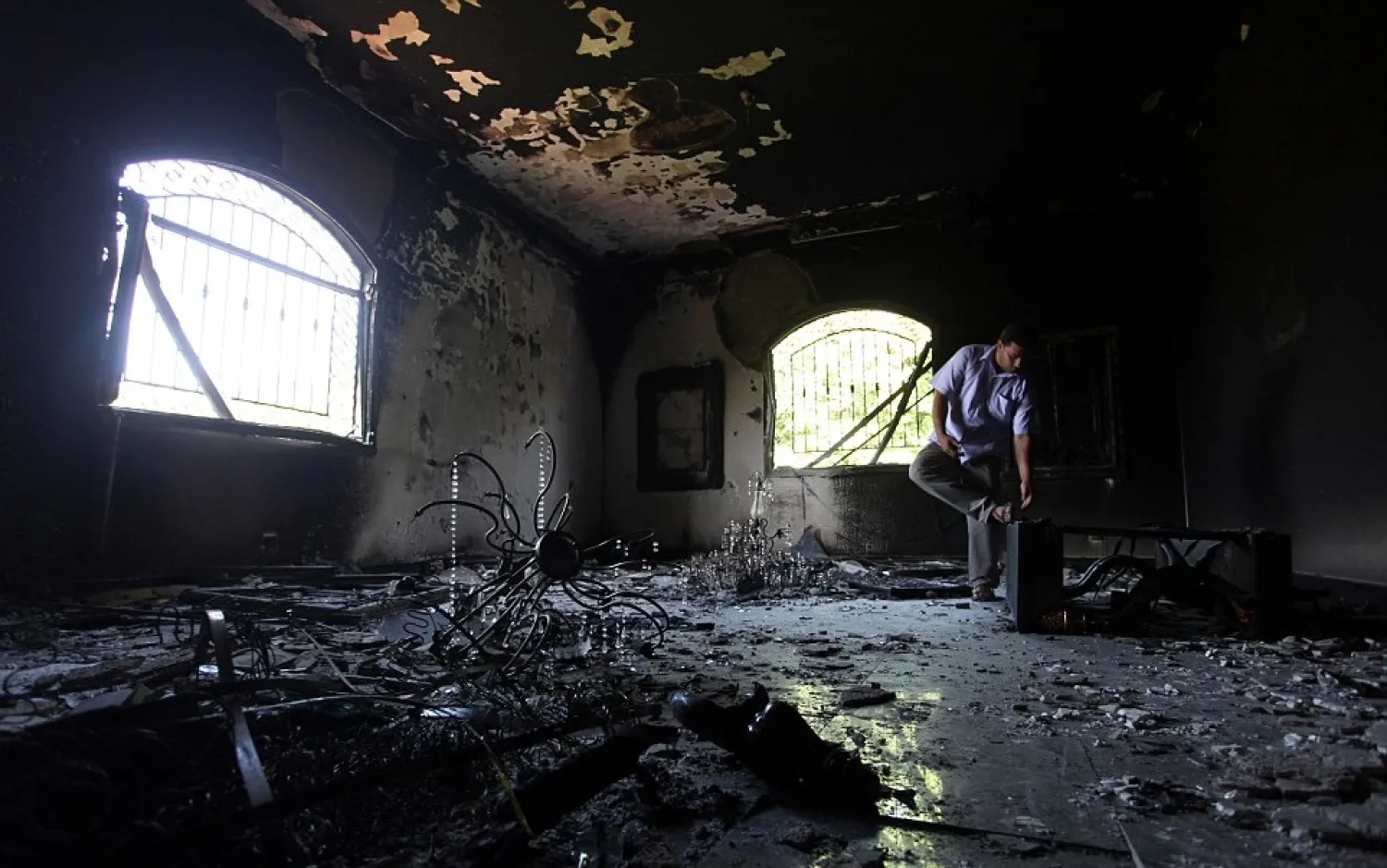A US announcement this week that the Special Forces had captured a militant named Mustafa al-Imam, who is believed to have played a role in the Benghazi attack on a US diplomatic compound in 2012, was followed by a Reuters report that the man is a Syrian who had links to the suspected ringleader.
US officials have said that al-Imam was arrested Sunday night in Libya’s third-largest city of Misrata and was being transferred to the US over his role in the Benghazi attack, which killed US Ambassador Christopher Stevens and three other Americans.
Reuters quoted eastern-based Libyan military officials as saying on Tuesday that Imam was believed to be a Syrian national aged between 35 and 40.
Imam had previously lived in the Benghazi district of Laithi where he frequented the same Al-Awza'i mosque as suspected ringleader Ahmed Abu Khatallah who was snatched by US forces in 2014, the officials said on condition of anonymity.
Imam has been charged with "killing a person in the course of an attack on a federal facility" and providing "material support to terrorists resulting in death," the US Justice Department said. He will appear before a federal judge in Washington when he arrives in the United States.
According to Reuters, Laithi was an extremist stronghold that saw some of the heaviest fighting in a battle for control of Benghazi that began in 2014.
In July, eastern-based military commander Khalifa Haftar announced victory in the campaign, which pitted his Libyan National Army (LNA) against extremists and other opponents.
An eastern news agency backing the LNA published what it said was a picture of Imam standing in front of the Benghazi barracks of an armed group before it was taken by Haftar's forces.
US prosecutors opened their case against Abu Khatallah this month.
The Benghazi attack became emblematic of conservative opposition to then secretary of state Hillary Clinton.
Several congressional investigations were launched, along with a State Department security review, into both the handling of the attack and how it was described in the media, AFP reported.
Clinton was never convincingly tagged with wrongdoing or negligence, but the issue haunted her failed 2016 presidential campaign and may have contributed to Trump's victory, the agency said.









